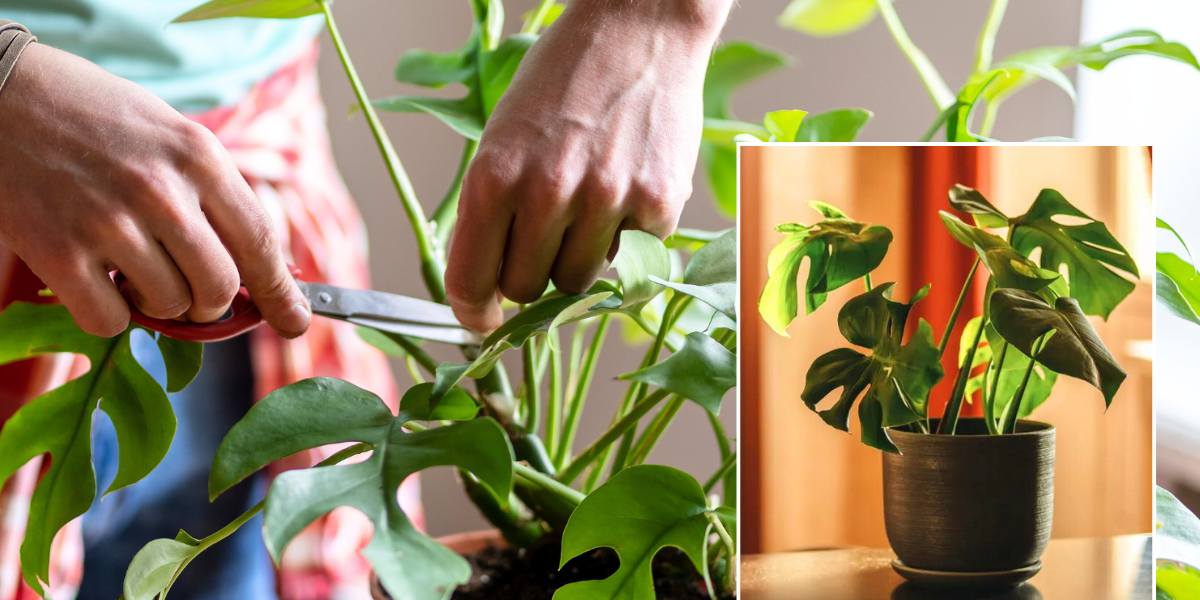Regrowing hair that’s thinning and patchy is possible, experts claim — and it doesn’t have to be ludicrously expensive.
In fact, your local pharmacy is likely full of regular-looking products that could hold the key to re-invigorating your locks.
From anti-dandruff shampoos to high blood pressure medication, some of the most effective treatments for hair loss are marketed for something totally different, dermatologists have claimed.
Dr Amana Adel, a Harley Street-based dermatologist, recommends a bottle of shampoo, available at most high street chemists, costing just £8.
Called Nizoral, it is marketed as an anti-dandruff product and contains anti-fungal ingredients to treat the embarrassing problem.
But, speaking to her 1.7 million TikTok followers, Dr Adel said the shampoo boasts far more benefits than beating dandruff — it also helps acne and hair loss.
The product contains ketoconazole, which destroys the fungus that causes dandruff, but studies show it can also help thinning hair grow back again.
It does this by reducing inflammation within the scalp tissue that can damage hair follicles and lead to hair loss.
Ketoconazole also treats hair loss by preventing the conversion of testosterone to dihydrotestosterone (DHT) — a male hormone that can cause hair loss and thinning.
Some types of hair loss are permanent, like male and female pattern baldness. But other types such as hair loss caused by stress or an illness, can be temporary.
Studies have shown tha ketoconazole is just as effective as other drugs marketed for hair regrowth, such as finasteride, dutasteride and propecia.
There is a downside to using Nizoral — available at Boots, Superdrug and Savers — however.
Massachusetts- based dermatologist Dr Neera Nathan, said on social media that it can leave hair feeling ‘dry as a bone’.
However, she suggested a simple fix: using coconut oil alongside the shampoo.
The oil, which is also used in cooking, can penetrate the hair shaft to protect it from moisture loss.
Dr Nathan advised ‘oiling’ with coconut oil 30 minutes prior to shampooing.
Do this by taking a small bit of oil in your palms and working it into the ends of your hair before working your way up the the roots, she said.
Then, shampoo roots and scalp with Nizoral concentrating it on the scalp and leave on for two to three minutes before rinsing off and using conditioner as normal.
She explained that this simple routine makes it possible to help increase hair growth and regrow bald spots without drying out the hair.
Another common medication that has been on shelves for decades — and costs as little as 60p a day — can also work miracles for hair growth, experts have claimed.
Minoxidil, sold under the brand name Regaine, has been on pharmacy shelves since the 1980s in the form as a lotion that can be rubbed into the scalp to restore lost hairs.
It contains enzymes that interact with hair follicles to stimulate the growth of new hairs.
In pill form, the drug is also sold as a high blood pressure treatment, serving to relax blood vessels so that blood can pass through them more easily.
A study of the drug on patients with hair loss disease alopecia found that 65 per cent of participants had hair growth, while 27 per cent experienced a decrease in how many hairs they shed.
Minoxidil is available for hair regrowth in both topical and oral form.
Taken daily, the pill tends to be more effective, but requires a prescription in the UK.
Foaming minoxidil treatments are available in pharmacies such as Boots and Superdrug, however, for between £30-£60 for a three month supply.
According to dermatologist Dr Daniel Sugai, the foam should be used twice a day, and for at least six to nine months before patients should expect results.
But parents should be warned that the drug garnered criticism late last year after being linked to a spate of cases of ‘werewolf syndrome’ in babies.
Infants in Spain began to develop uncontrollable hair growth across their bodies after coming into contact with the medication, leading to a call for additional warnings to be added to the drug from the European Medicines Agency.
For those who want a more natural hair growth option, another social media approved solution can also be found at your local high street pharmacy.
Rosemary oil has been lauded as a ‘miracle product’ on TikTok for years now — winning the thumbs up from experts on the platform.
The substance, which can be made at home by boiling rosemary leaves in oil and leaving for four to six weeks to infuse, has even been clinically proven to help with hair loss.
One study from 2015, which looked at 100 people with patterned baldness, found that rosemary oil was just as effective at increasing hair growth over six months as minoxidil.
It’s said to help increase blood circulation and allow more oxygen to be carried to the scalp, thus stimulating the hair follicles and resulting in faster and thicker hair growth.
Dermatologist Lindsey Zubritsky raved about the oil to her 1.6 million TikTok followers.
‘You need to be using it twice a day and give it six to nine months,’ she said in a video posted to the platform.
‘Rosemary oil can work, if you do it right.’
Bottles of the oil are available at Boots, Superdrug and Holland & Barrett, for between £6 and £15.
There are a number of supplements that some experts swear by to reverse balding — although the scientific evidence does not yet support their claims.
Multivitamin Viviscal claims to use marine collagen to help maintain healthy hair growth, and is taken twice daily.
The pills are available at Boots for £30 for a two-week supply and are also available online.
Dermatologist and hair loss specialist Dr Bonnie Hodge took to TikTok to recommend the supplement to anyone suffering with hair thinning or shedding.
‘It gives you the nutritional support to grow more hair,’ she told her 10.4K followers.
‘It’s a really good option if you’re having hair shedding from a stressful event in life or you’ve been sick with Covid or just had a baby and all your hair is shedding.’
Studies run by the company showed participants had a 32 per cent increase in thicker hairs after three months of taking the supplement, as well as a 39 per cent decrease in hair shedding.











